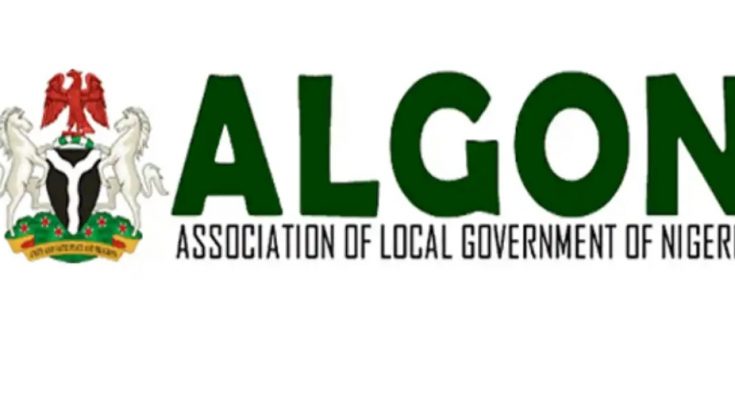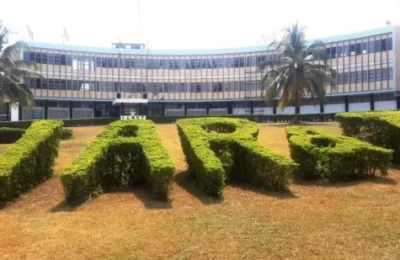Association of Local Government of Nigeria (ALGON), has disclosed that local councils cannot afford to pay the proposed N62,000 as new minimum wage.
This, according to ALGON, is owing to the fact that meagre allocation comes from the Federation Account.

National President of ALGON, Aminu Muazu-Maifata explained in a chat with newsmen in Lafia that all the 774 Local Government Councils in the country gets allocation of a little above 18 per cent from Federation Account monthly.
Recall that representatives of the Federal Government and the private sector at the tripartite committee for the negotiation of the new minimum wage had proposed N62, 000, while the Organised Labour proposed N250,000.
Muazu-Maifata noted that even if the Local Government executives decide to set aside the entire monthly allocations for salaries, ALGON will still not have sources to implement the new minimum wage.
“Apart from payment of wages, we still have other responsibilities such as provision of affordable healthcare, education, security, traditional institution, rural roads as well as youths and women empowerment among others to contend with,” ALGON President declared.

The Chairman of Lafia Local Government Area (LGA) of Nasarawa State however said that the Chairmen were in support of wage increments to civil servants, but the revenue coming to the local government is small.
He further appealed for increase in the monthly allocations of the 774 LGAs in the country to enable them pay the proposed minimum wage.
“I want to appeal for increase allocation to local governments in Nigeria. ALGON has a lot of responsibilities to meet up with the N62, 000 minimum wage.
“We will also give priority to issues of security at the local level and attract interventions from development partners to our various councils.
“I also want to improve the on existing unity amongst the various LGAs Chairmen and administrations in the country in order to better the lives of our people.
“Unity among LGAs Chairmen will help us compare notes and come up with good policies and programmes to improve governance for the benefits of the people at the grassroots,” he added.







